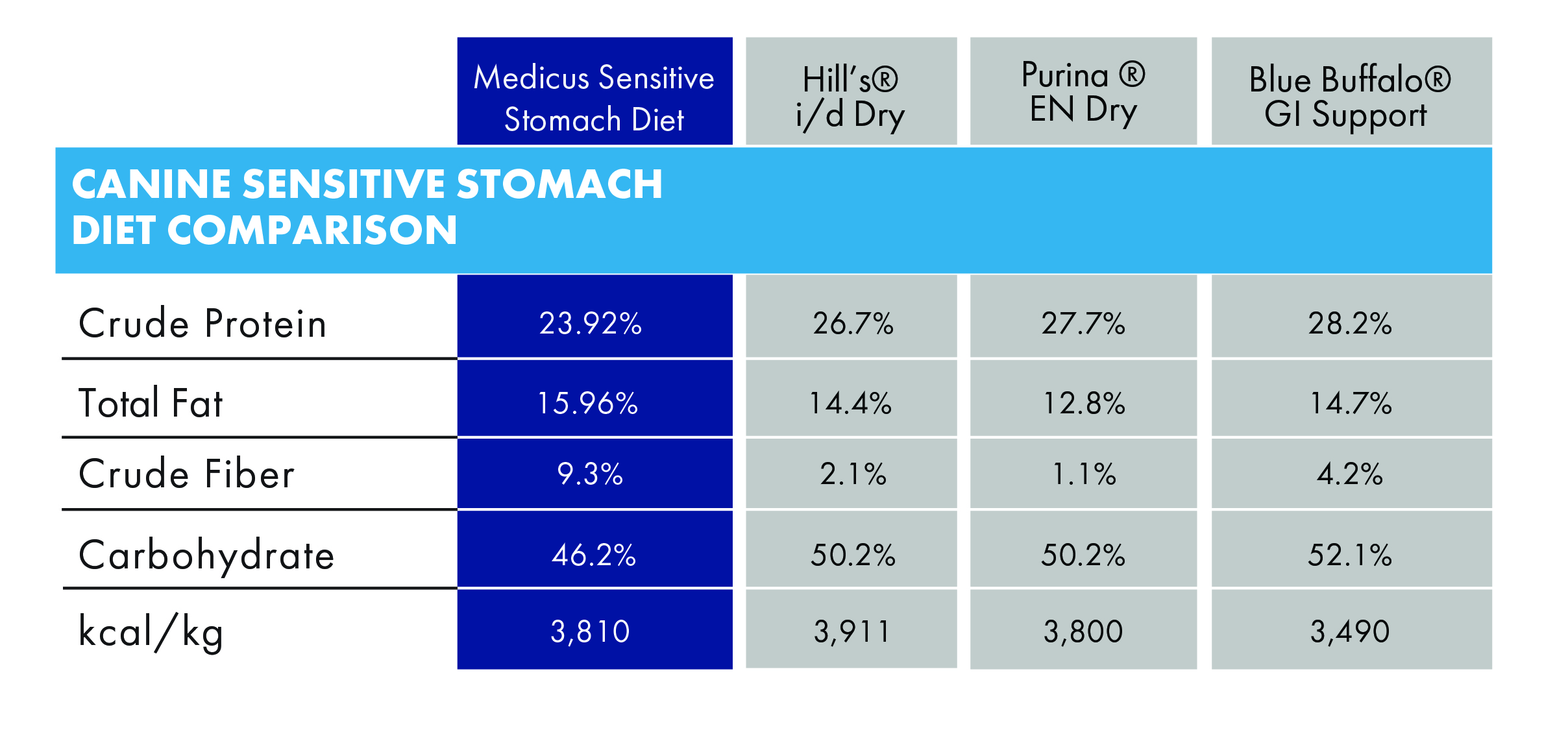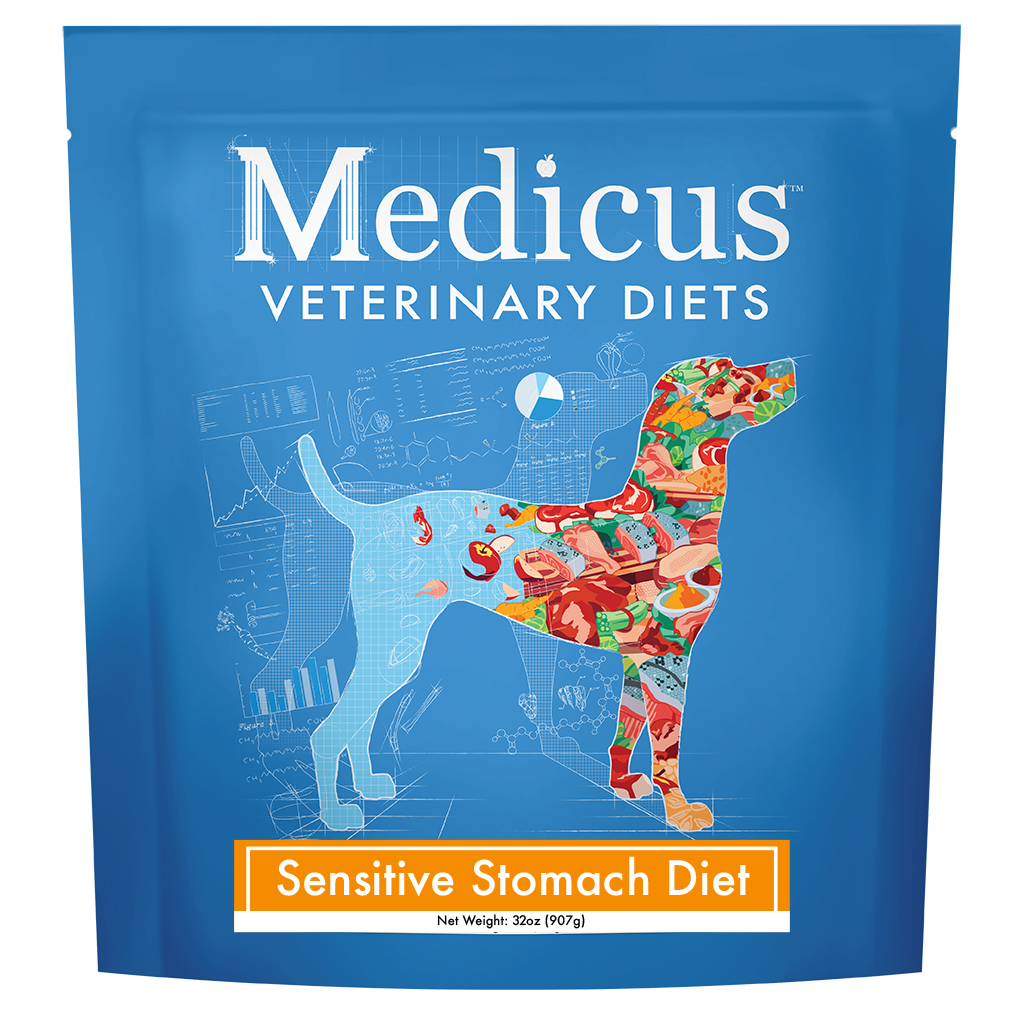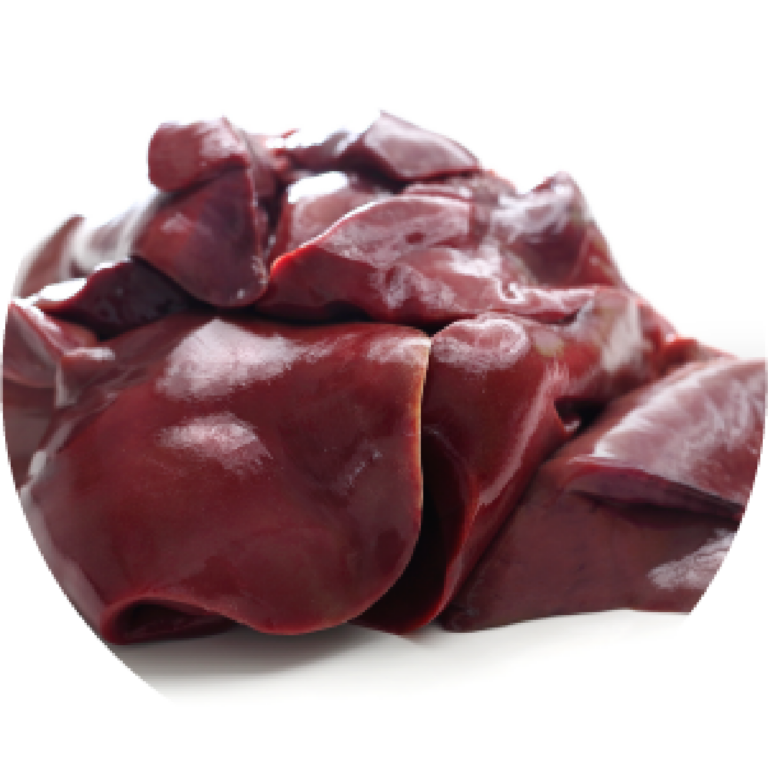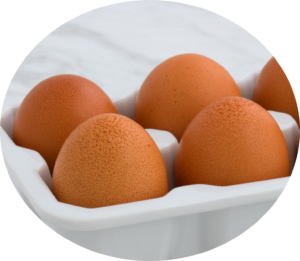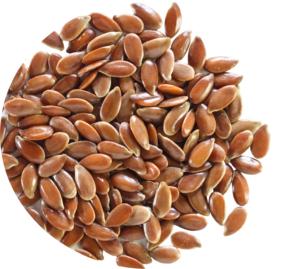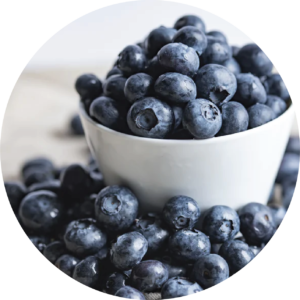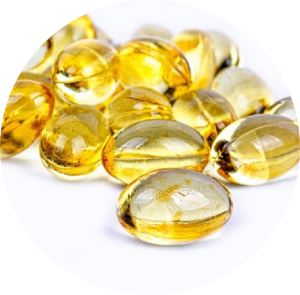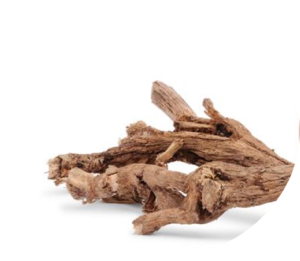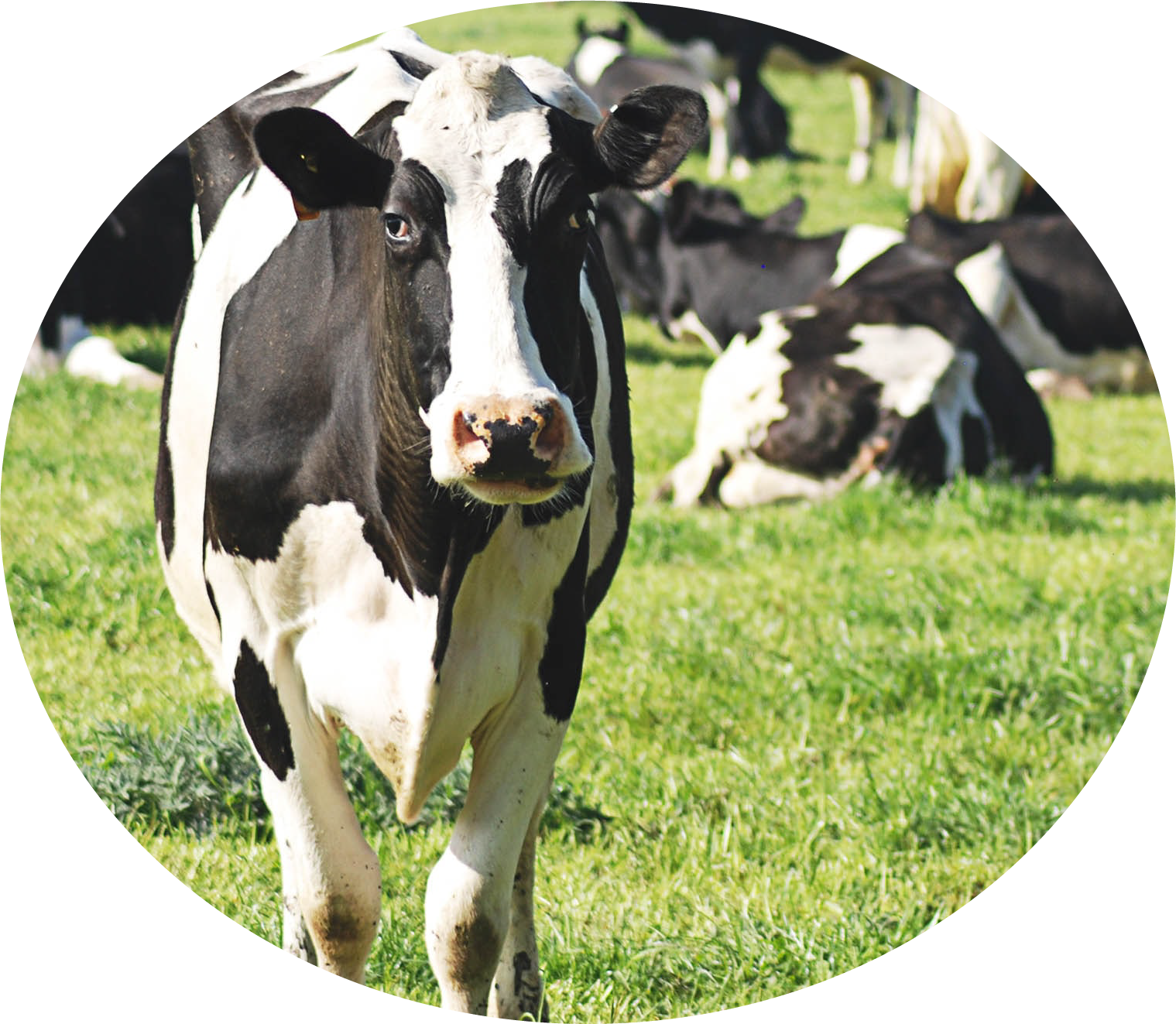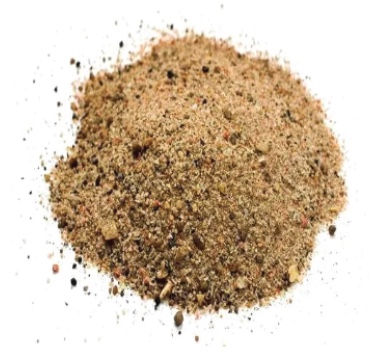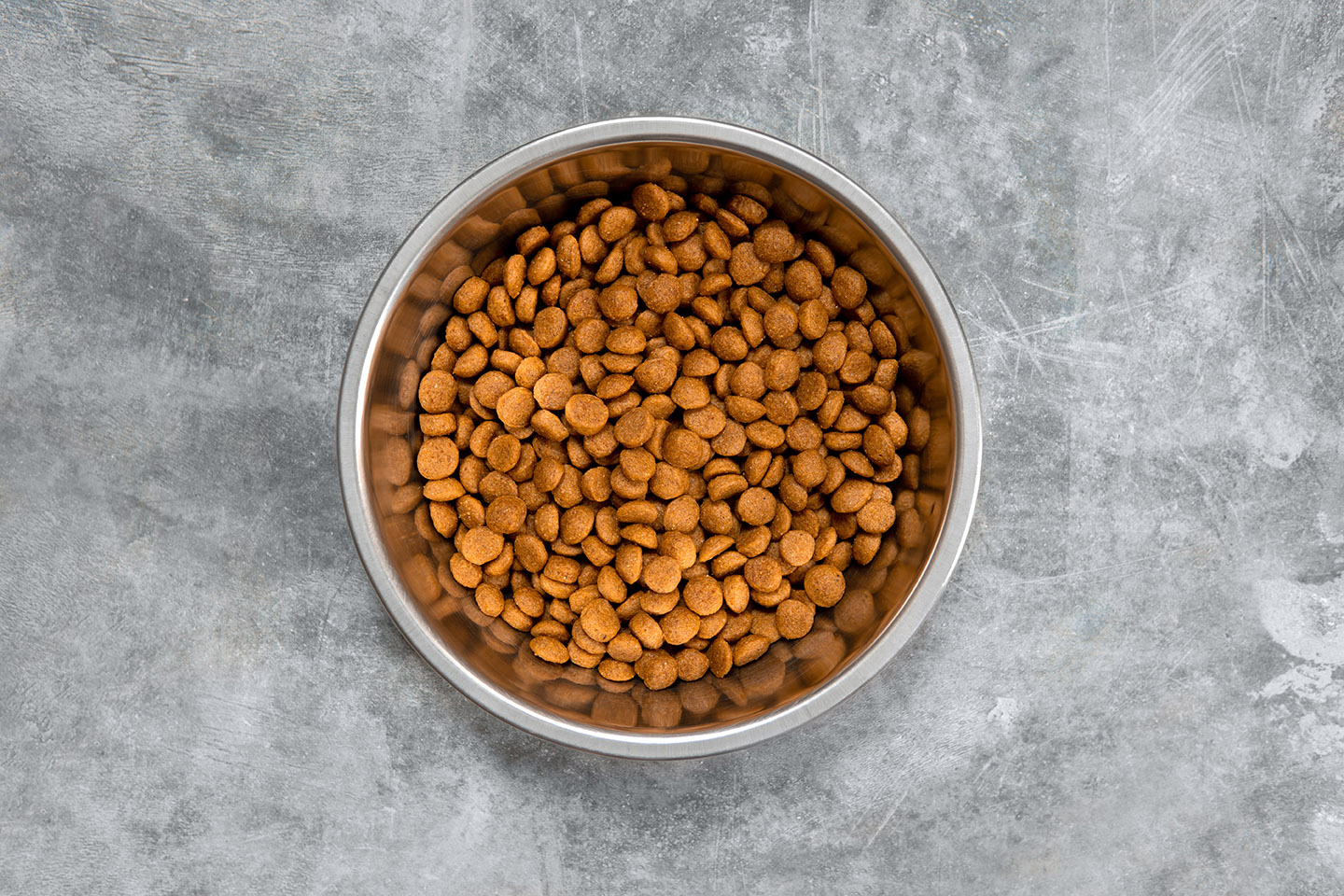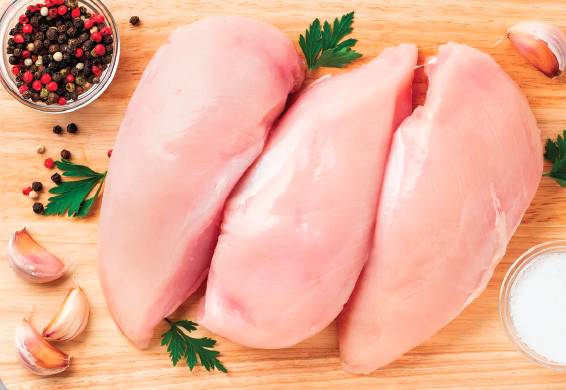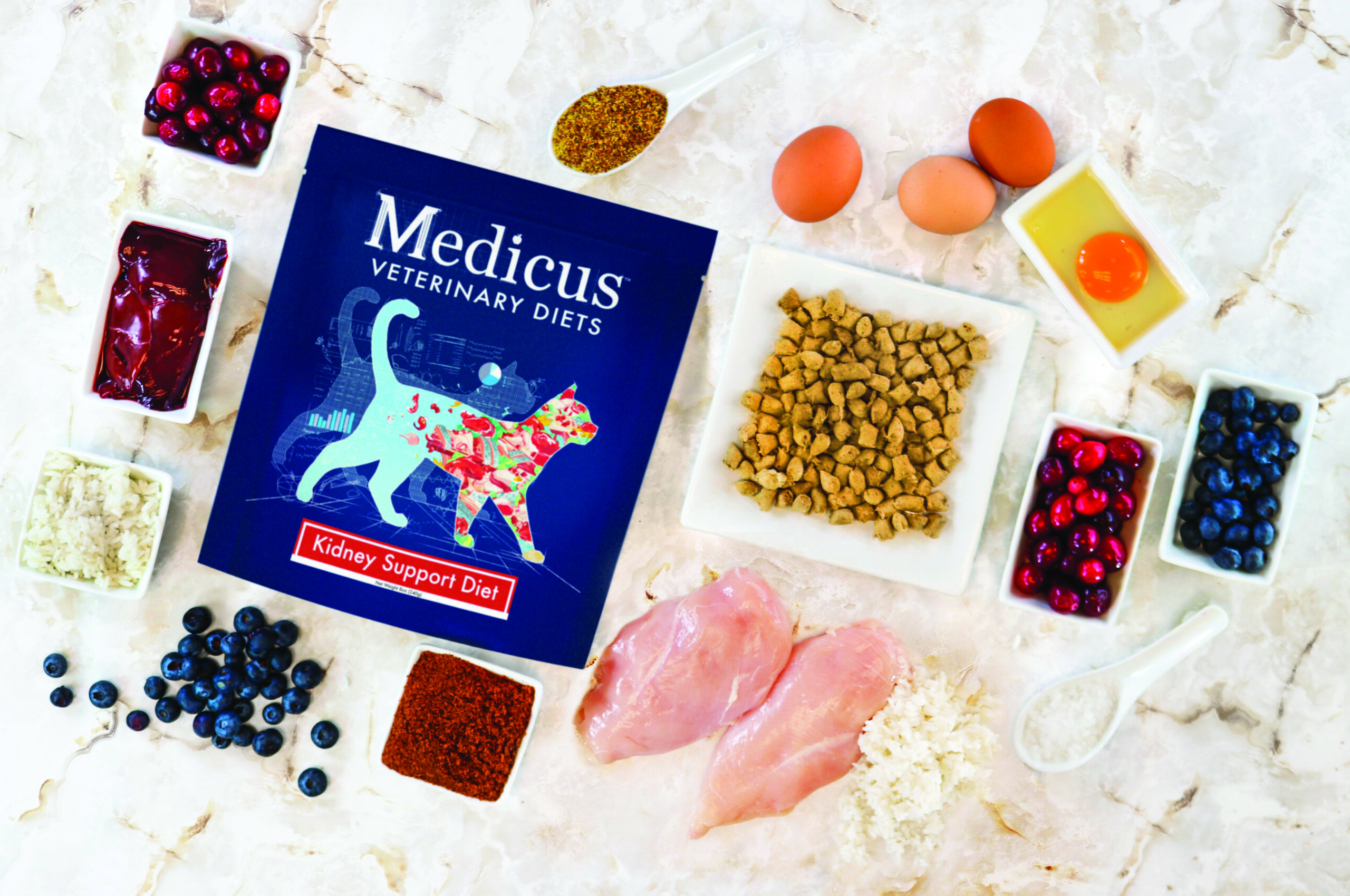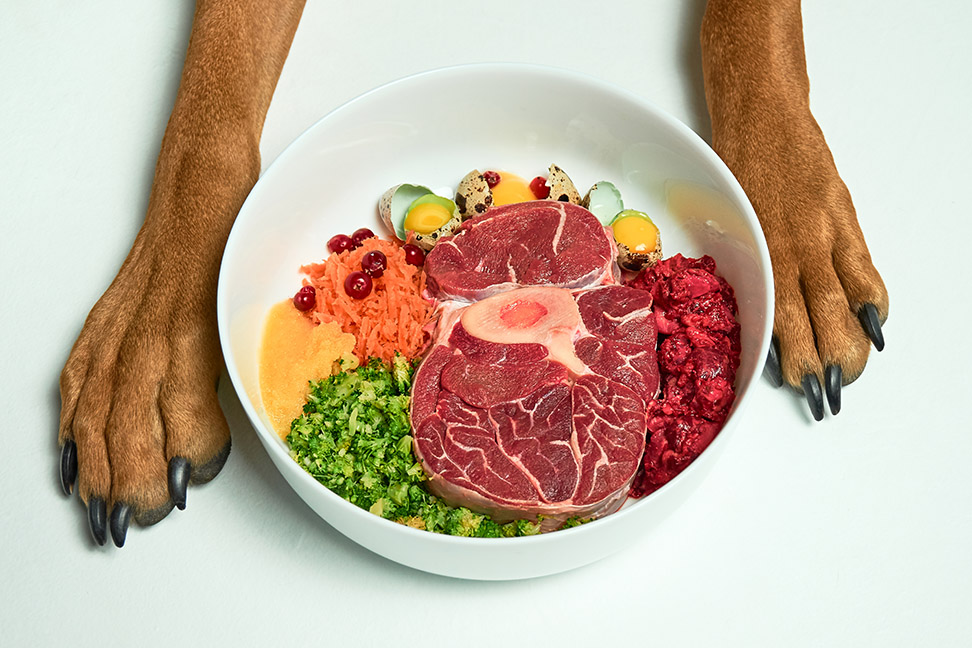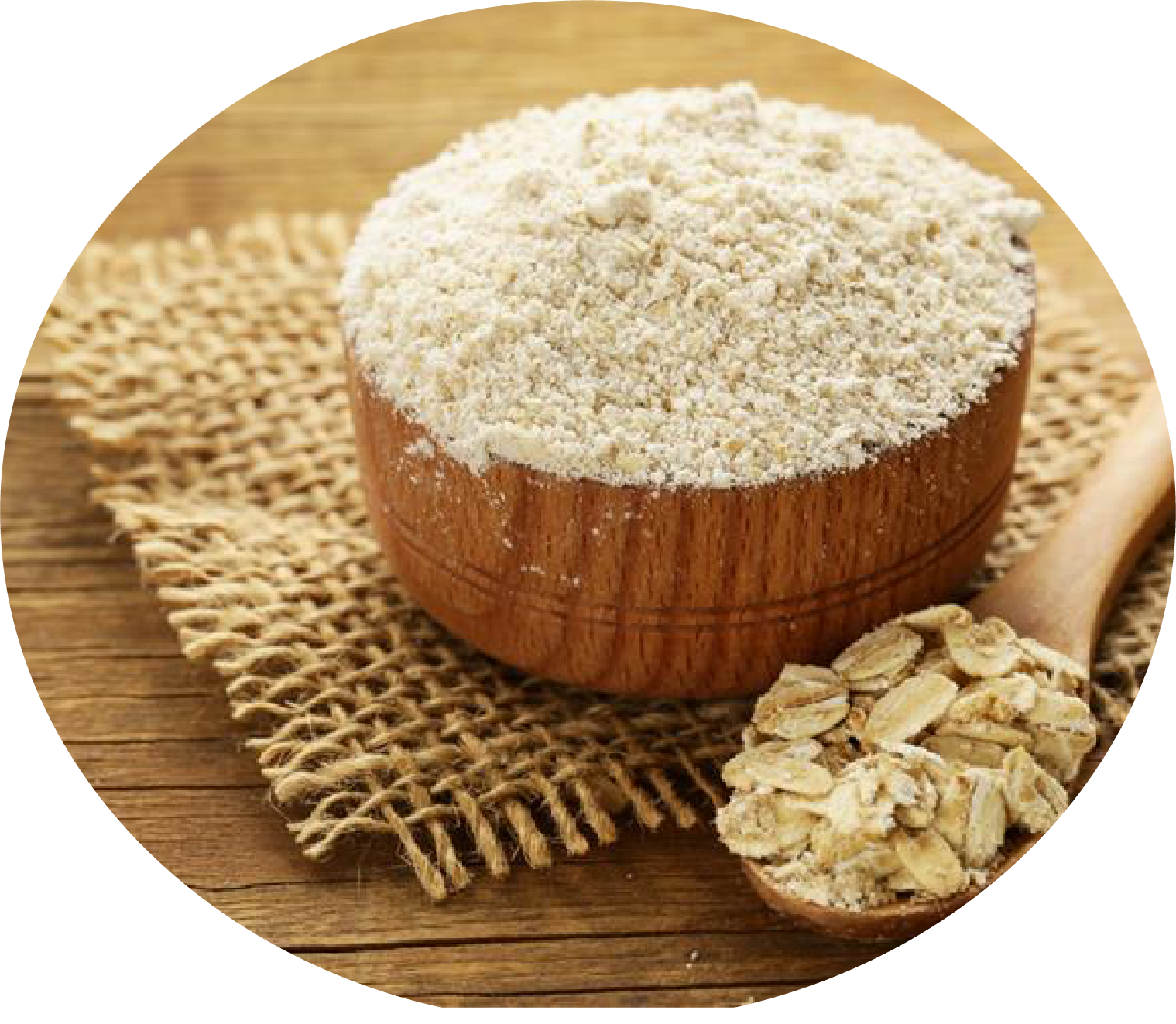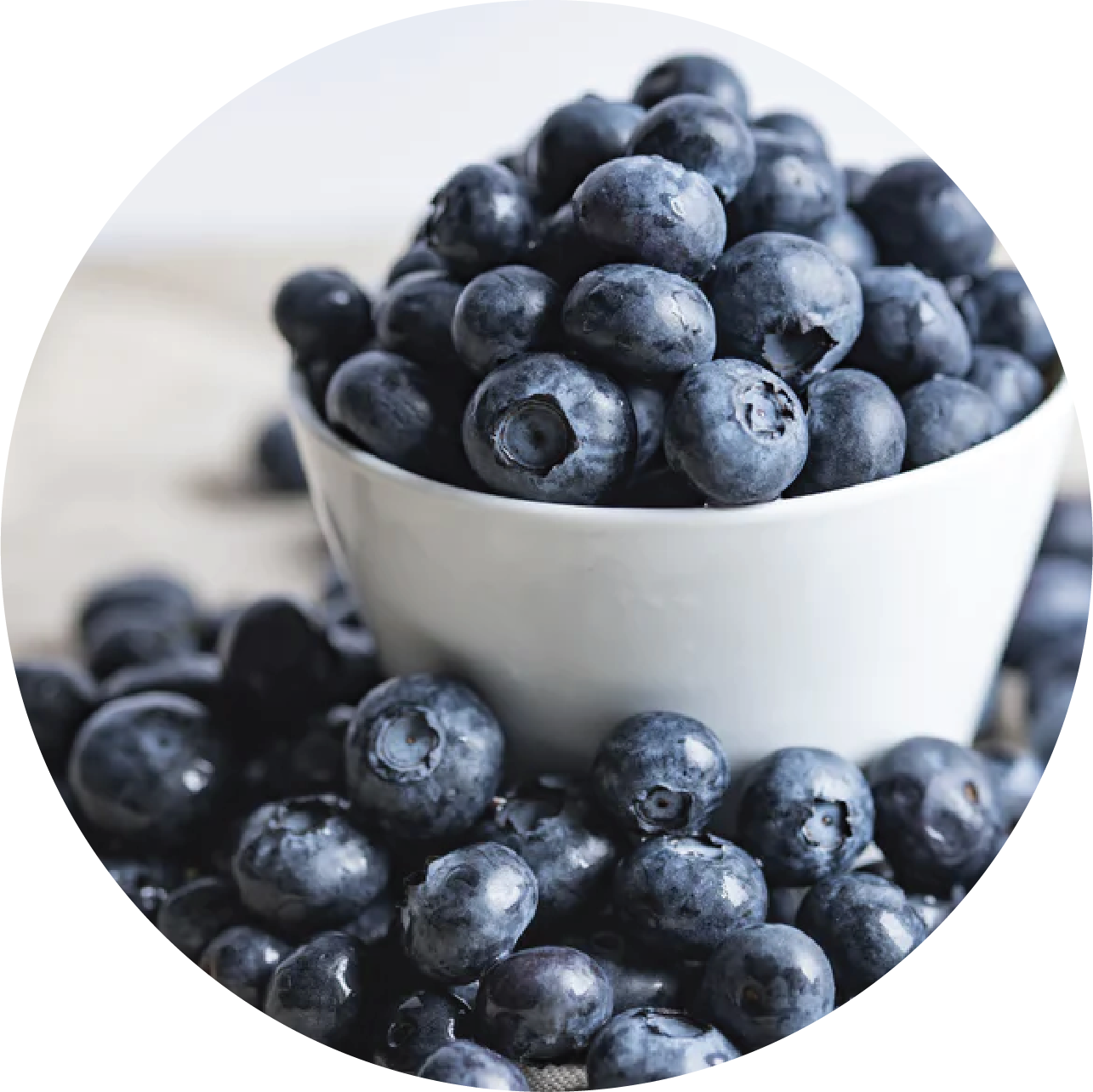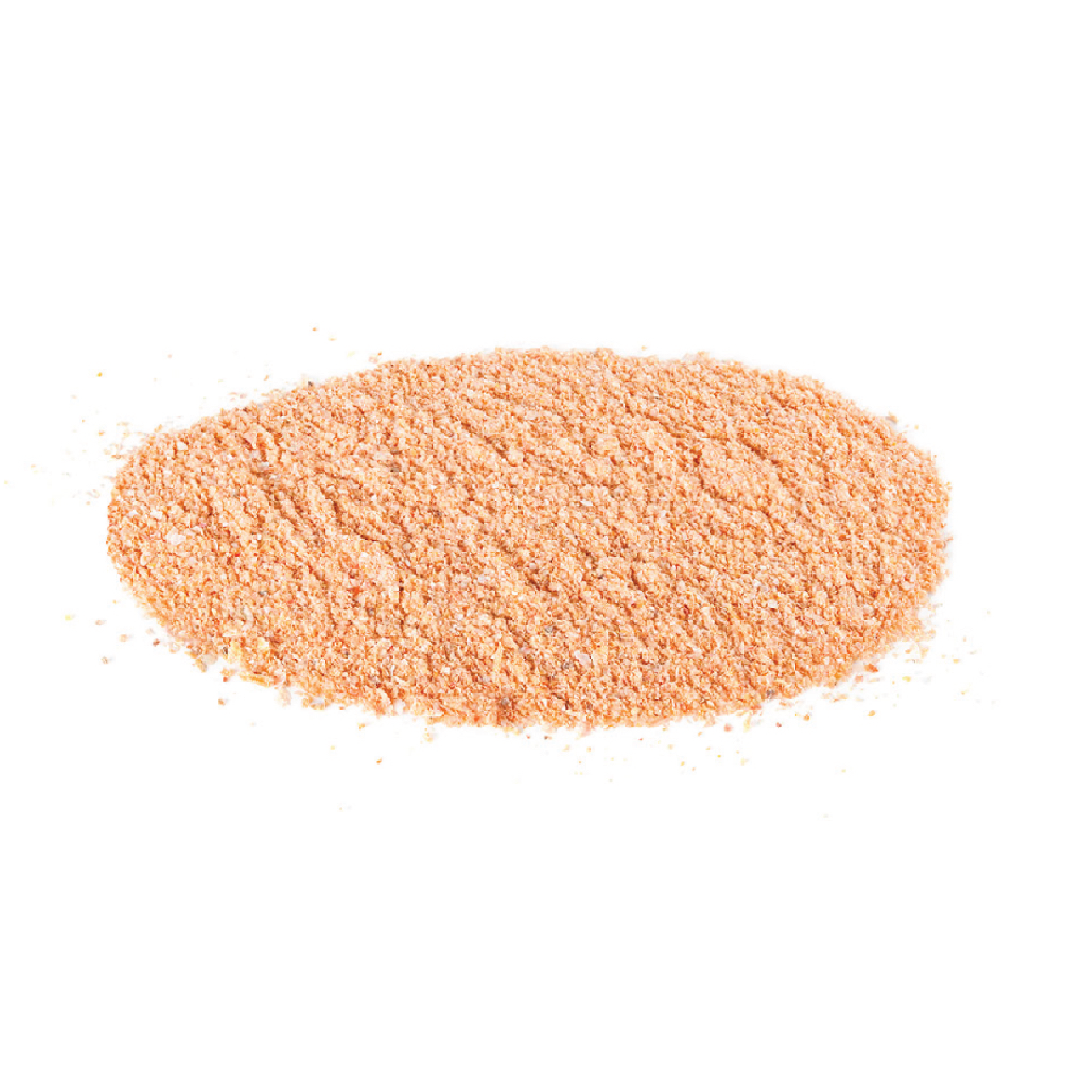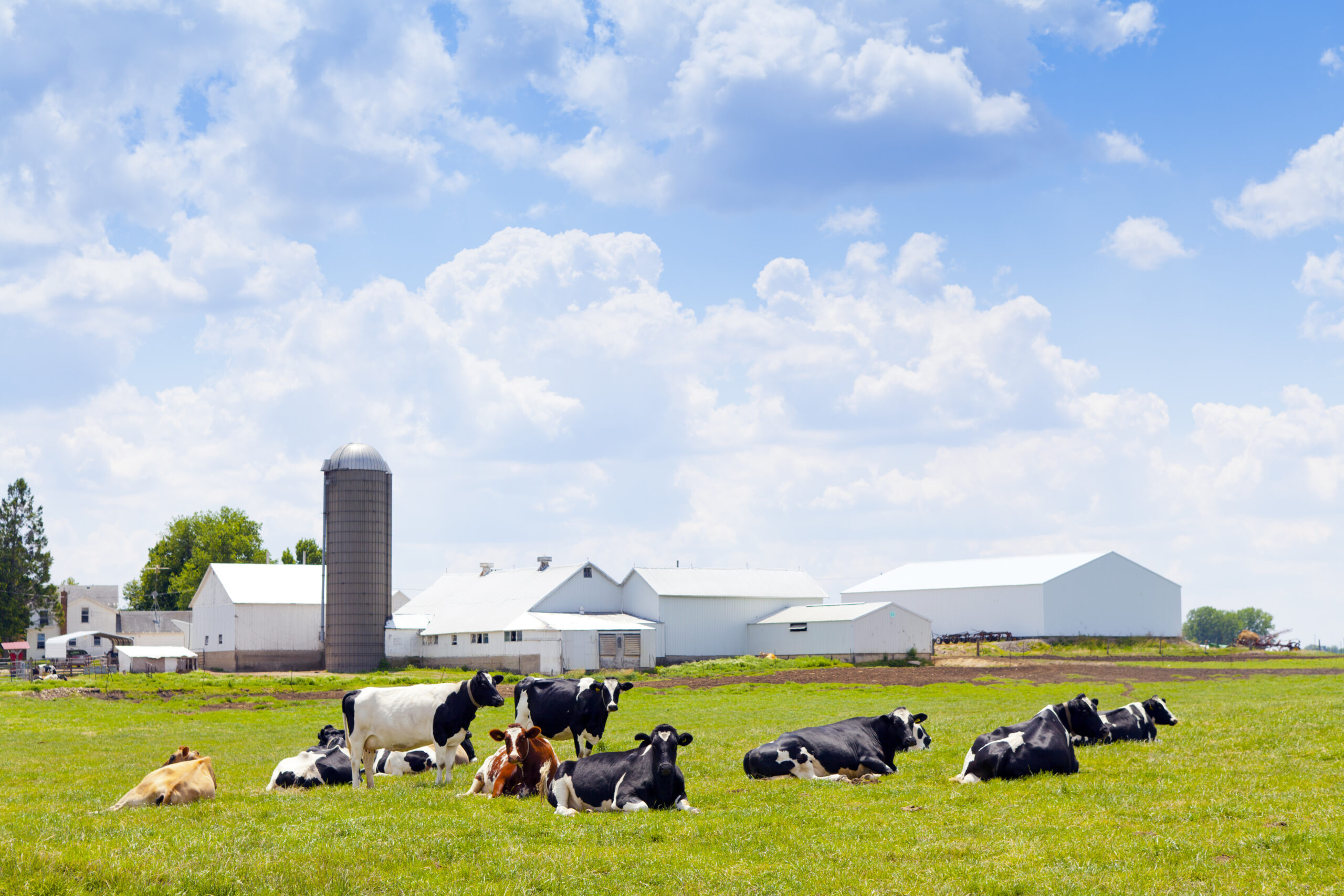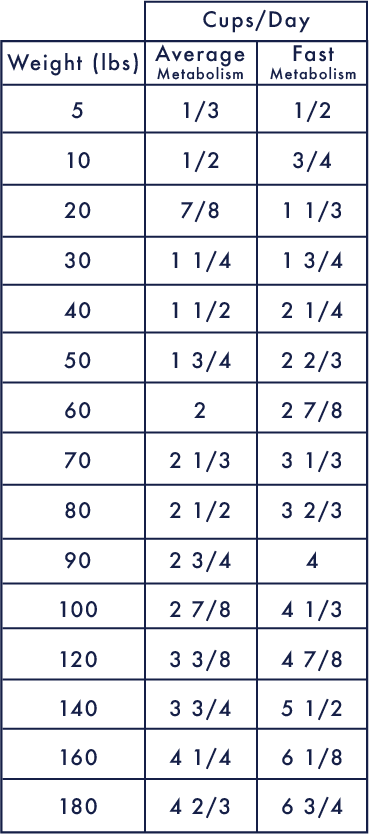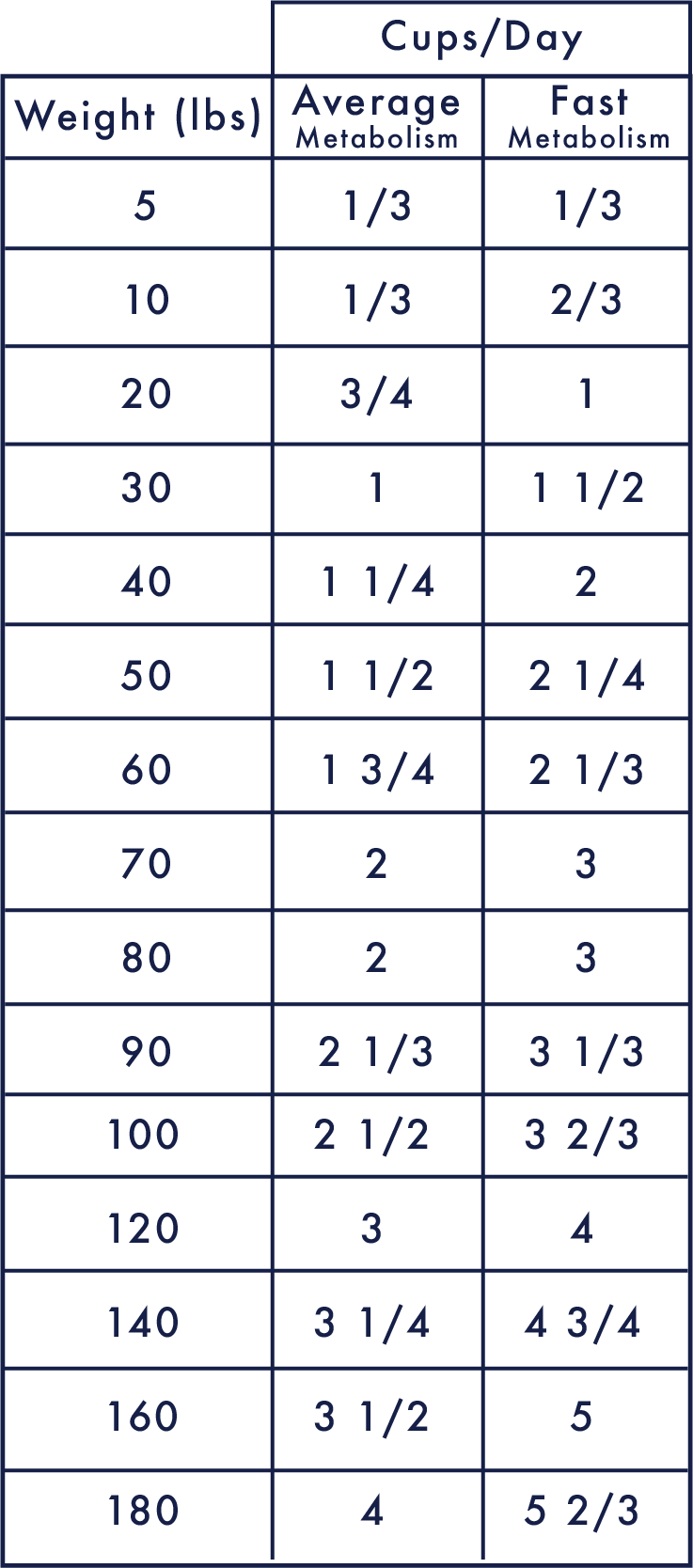Nutrients vs Ingredients
Where Other Diets Fall Short
Other industry diets meet the nutrient profiles needed to address a disease state but do so using poor-quality ingredients like meat meals, corn, and a lengthy list of synthetic nutrients.
We know that when an animal is sick, nutrition matters most and that you can provide a therapeutic sensitive stomach diet with whole foods.
Compare Our Ingredients
Medicus
Beef, Beef Liver, Egg, Rice, Sweet Potato, Flaxseed, Banana, Blueberries, Pumpkin, Ground Krill, Psyllium, Ginger, Cinnamon, Sea Salt, Ground Egg Shell, Kelp, Chicory Root, Aloe Vera, Mixed Tocopherols, Bacillus Species, Zinc Proteinate, Niacin, Riboflavin, Thiamine, Vitamin B12, Pyridoxine, & Folic Acid
Brewers Rice, Whole Grain Corn, Chicken Meal, Pea Protein, Egg Product, Corn Gluten Meal, Chicken Fat, Chicken Liver Flavor, Pork Liver Flavor, Ground Pecan Shells, Lactic Acid, Potassium Chloride, Flaxseed, Dried Beet Pulp, Dried Citrus Pulp, Dicalcium Phosphate, Iodized Salt, Fish Oil, Soybean Oil, Pressed Cranberries, vitamins (Vitamin E Supplement, L-Ascorbyl-2-Polyphosphate (source of Vitamin C), Niacin Supplement, Thiamine Mononitrate, Calcium Pantothenate, Vitamin A Supplement, Riboflavin Supplement, Biotin, Pyridoxine Hydrochloride, Vitamin B12 Supplement, Folic Acid, Vitamin D3 Supplement), Choline Chloride, Calcium Carbonate, L-Tryptophan, minerals (Ferrous Sulfate, Zinc Oxide, Copper Sulfate, Manganous Oxide, Calcium Iodate, Sodium Selenite), Taurine, Mixed Tocopherols for freshness, Natural Flavors, Beta-Carotene.
Brewers rice, corn gluten meal, whole grain corn, chicken meal, animal fat preserved with mixed- tocopherols (form of Vitamin E), coconut oil, calcium phosphate, calcium carbonate, wheat bran, animal digest, potassium chloride, L-Lysine monohydro-chloride, sodium bicarbonate, salt, fish oil, zinc proteinate, Vitamin E supplement, dried colostrum, choline chloride, L-ascorbyl-2-polyphosphate (source of Vitamin C), manganese proteinate, ferrous sulfate, niacin, copper proteinate, Vitamin A supplement, calcium pantothenate, thiamine mononitrate, riboflavin supplement, Vitamin B-12 supplement, pyridoxine hydrochloride, garlic oil, folic acid, Vitamin D-3 supplement, calcium iodate, biotin, menadione sodium bisulfite complex (source of Vitamin K activity), sodium selenite.
Deboned Chicken, Chicken Meal, Oatmeal, Brown Rice, Peas, Potatoes, Dried Egg Product, Natural Flavor, Flaxseed (source of Omega 3 Fatty Acids), Pea Fiber, Canola Oil (source of Omega 6 Fatty Acids), Dicalcium Phosphate, Pea Protein, Apple Pomace, Salt, Cranberries, Pumpkin, Dried Kelp, Dried Chicory Root, Potassium Chloride, Fish Oil, Dehydrated Alfalfa Meal, Hydrolyzed Yeast, Alfalfa Nutrient Concentrate, DL-Methionine, Calcium Carbonate, Vitamin E Supplement, Choline Chloride, Zinc Amino Acid Chelate, preserved with Mixed Tocopherols, Iron Amino Acid Chelate, L-Ascorbyl-2-Polyphosphate (source of Vitamin C), Vegetable Juice for color, Blueberries, Barley Grass, Parsley, Turmeric, Yucca Schidigera Extract, Copper Amino Acid Chelate, Manganese Amino Acid Chelate, Niacin (Vitamin B3), Calcium Pantothenate (Vitamin B5), Biotin (Vitamin B7), L-Lysine, Vitamin A Supplement, Taurine, Dried Yeast, Zinc Sulfate, Dried Enterococcus faecium fermentation product, Dried Lactobacillus acidophilus fermentation product, Dried Aspergillus niger fermentation extract, Dried Trichoderma longibrachiatum fermentation extract, Ferrous Sulfate, Dried Bacillus subtilis fermentation extract, Thiamine Mononitrate (Vitamin B1), Riboflavin (Vitamin B2), Vitamin D3 Supplement, Vitamin B12 Supplement, Pyridoxine Hydrochloride (Vitamin B6), Calcium Iodate, Copper Sulfate, Folic Acid (Vitamin B9), Manganese Sulfate, Sodium Selenite, Oil of Rosemary.
Proof in the Numbers
The Medicus Sensitive Stomach Diet meets all the nutrient requirements needed to support a dog with chronic GI issues with numbers comparable to, if not better, than leading diets within the industry.
